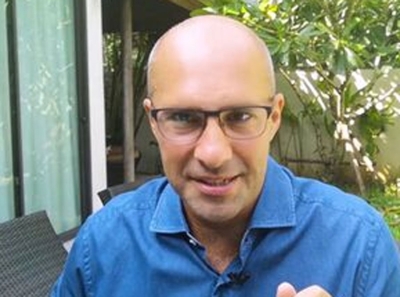Maria Balshaw: Champion of Accessibility or Compromiser of Artistic Integrity?
Maria Balshaw: A Visionary Leader Transforming the Cultural Landscape
Maria Balshaw
In the realm of cultural stewardship, Maria Balshaw stands as a beacon of innovation and inclusivity. As the director of prestigious cultural institutions such as Tate and the Manchester Art Gallery, Balshaw has demonstrated an unwavering commitment to democratizing art and fostering diverse voices within the cultural sphere.
At the helm of Tate since 2017, Balshaw has spearheaded initiatives aimed at expanding the accessibility of art to wider audiences. Under her leadership, Tate has embraced a more community-centric approach, breaking down barriers to entry and engaging with audiences beyond traditional art circles. Balshaw's vision has seen the institution actively reaching out to marginalized communities, ensuring that their stories and experiences are represented and celebrated within the gallery walls.
One of Balshaw's most notable achievements has been her emphasis on the intersectionality of art and social issues. By curating exhibitions that tackle themes of race, gender, and identity, she has sparked crucial conversations and challenged conventional narratives within the art world. Through thought-provoking exhibitions and programming, Balshaw has transformed Tate into a platform for social change, where art serves as a catalyst for broader societal discourse.
Beyond her role at Tate, Balshaw's impact extends to the wider cultural landscape. As the first female director of the Tate and the first female director of the Manchester Art Gallery, she has shattered glass ceilings and paved the way for greater gender diversity in cultural leadership roles. Her success serves as an inspiration to aspiring cultural leaders, highlighting the importance of representation and inclusivity at the highest levels of the arts.
However, Balshaw's tenure has not been without its challenges. Criticism has been leveled at Tate under her leadership, with some questioning the institution's commitment to artistic excellence in the face of more populist programming. Balshaw's efforts to broaden Tate's appeal have led to accusations of pandering to commercial interests at the expense of artistic integrity. Nonetheless, supporters argue that such criticisms fail to acknowledge the broader societal impact of Balshaw's initiatives and the necessity of evolving to meet the changing needs of diverse audiences.
In conclusion, Maria Balshaw's tenure as director of Tate exemplifies the transformative power of visionary leadership in the cultural sphere. Through her commitment to accessibility, inclusivity, and social relevance, Balshaw has redefined the role of cultural institutions in contemporary society. As she continues to champion the arts as a force for positive change, Balshaw remains a pivotal figure in shaping the future of cultural stewardship on a global scale.









